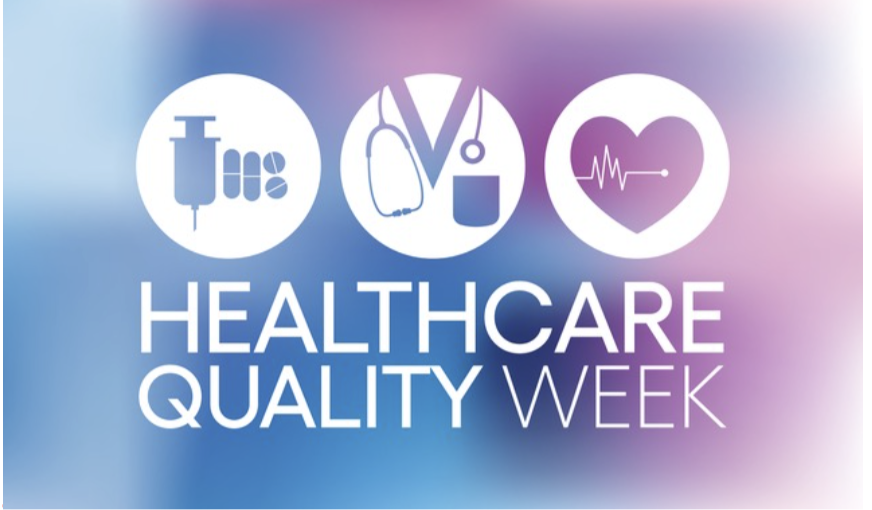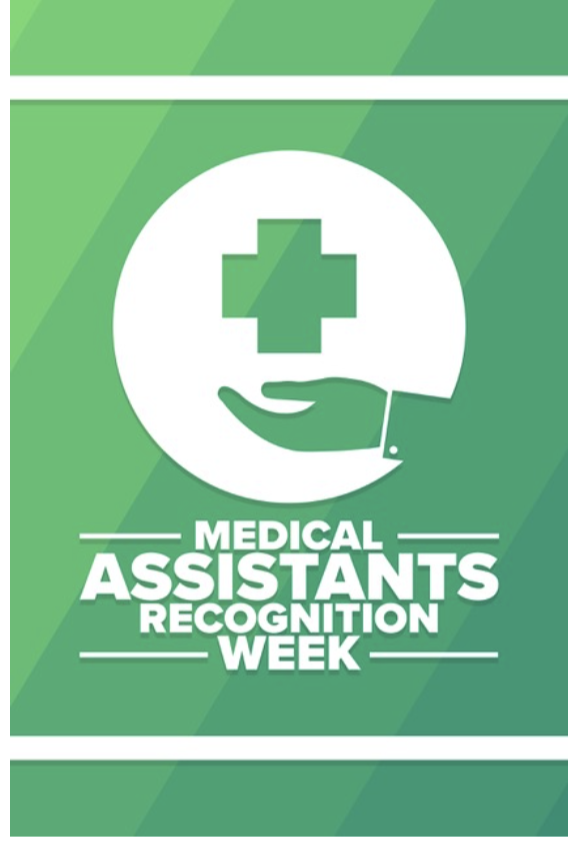Certain infections can have profound effects during pregnancy. We are going to share with you what screening tests you should expect from your obstetrical care provider, when you should have these tests, and questions to ask. Being informed is your best strategy to having a healthy pregnancy.
Why screen for infections during pregnancy?
Because certain adverse outcomes can be avoided with routine screening for certain infections during pregnancy.
This blog series will provide you with an overview of the recommended screening tests for infectious diseases during your prenatal care. Knowledge of these routine screening tests--when the test is recommended during pregnancy, what specific testing method you should expect, and accurate interpretation of test results-- is part of the basic understanding of your routine prenatal care.
Recommended Routine Screenings for Infectious Diseases During Pregnancy
- Urinalysis/Urine Culture for a urinary tract infection (UTI): Blog 1
- Hepatitis B & C: Blog 2
- Human Immunodeficiency Virus (HIV): Blog 3
- Rubella and Varicella (Measles and Chicken Pox): Blog 4
- Sexually Transmitted Infections (Chlamydia, gonorrhea, and syphilis): Blog 5
- Group B Strep (GBS): Blog 6
- Tuberculosis (TB): Blog 7
Understanding HIV and your Pregnancy
Human immunodeficiency virus, or HIV, is a virus that attacks the immune system. HIV infection in pregnancy, especially if not treated or undertreated, can be passed to the fetus.. Because current treatments available for the pregnant patient with HIV are so effective at preventing perinatal transmission of HIV, diagnosing patients as early as possible will not only improve the patient’s health, but improve pregnancy outcomes and prevent neonatal infection.¹
When to Screen
Per the American College of Obstetricians and Gynecologists (ACOG), all pregnant patients should be tested, with their prior knowledge and consent, at the initial prenatal visit using the opt-out approach via an antibody–antigen combination screening test.⁷ This means that after you are advised that HIV screening is recommended as part of routine prenatal care, you can opt-out of screening as permitted in every jurisdiction in the United States.⁷ Screening for HIV can be also done in the outpatient office setting or in labor and delivery via a rapid HIV serologic testing for antibodies only. Per ACOG, repeat HIV testing in the third trimester, preferably before 36 weeks of gestation, is recommended for the following: 1) patients with initial negative HIV antibody tests who are known to be at high risk of acquiring HIV infection 2) patients who are receiving care in facilities that have an HIV incidence in pregnant patients of at least 1 per 1,000 per year 3) patients who are incarcerated 4) patients who reside in jurisdictions with elevated HIV incidence 5) patients who have signs and symptoms consistent with acute HIV infection.⁷ It is important to note that individual states may have varying requirements/recommendations on HIV testing in pregnancy.¹ It is important to note that individual states may have varying requirements/recommendations on HIV testing in pregnancy
Testing Method and How it is Done
The test should involve using a newer, recommended antibody–antigen combination screening test. This test looks for HIV antibodies and antigens in the blood. An antigen is a part of a virus that triggers an immune response. If you've been exposed to HIV, antigens will show up in your blood before HIV antibodies are made. This test can usually find HIV within 2–6 weeks of infection. The HIV antibody/antigen test is one of the most common types of HIV tests.
This lab test involves drawing blood from a vein. There is also a rapid antigen/antibody test available that is done with a finger prick. Laboratory tests (NAT and antigen/antibody) require blood to be drawn from your vein into a tube and then that blood is sent to a laboratory for testing.
What are they Looking for in your Sample?
HIV tests detect the presence of the HIV virus, HIV antigens, and/or HIV antibodies. If these elements are detected, the test returns positive for HIV. An initial screening test will be done, then a confirmatory test is done if the screening test is positive.
Some Questions to Ask your Healthcare Provider
What is human immunodeficiency virus (HIV)?
How did I get HIV?
If I am infected with HIV can I pass it to my baby?
Are there treatments for HIV during pregnancy?
Are they ways I can reduce the risk of passing HIV to my baby?
Should I still use condoms during sex even though I am pregnant?
What is a ‘viral load’?
Why is it important for my viral load and CD4 cell count to be monitored?
What are the side effects of HIV drugs?
Are there extra risks for me or my baby if I am HIV positive and have a Cesarean delivery?
Will having the HIV affect how I will give birth?
After I give birth, know will I know if my baby is infected with HIV?
To learn more about perinatal infections, visit labready.com, and reach out to our professionals at hello@labready.com
About the Author:
Shannon M. Clark, MD, MMS, FACOG is a double board-certified Obstetrician and Gynecologist, and Maternal-Fetal Medicine Specialist focusing on the care of pregnant individuals with maternal and/or fetal complications of pregnancy. After finishing medical school at the University of Louisville School of Medicine in Louisville, KY, Dr. Clark completed a residency in Obstetrics and Gynecology at Allegheny General Hospital in Pittsburgh, PA. During her first year of residency, she realized her passion for taking care of individuals with complicated, or high-risk, pregnancies and subsequently pursued a fellowship in Maternal-Fetal Medicine and a master’s degree in Medical Science at the University of Texas Medical Branch in Galveston, TX where she is a professor with roles as clinician, researcher, and educator.
Next Blog:
Pregnant? How to Keep You and Your Baby Healthy
Get Screened for Infections During your Pregnancy – Measles and Chickenpox
Get Screened for Infections During your Pregnancy – Measles and Chickenpox
References















